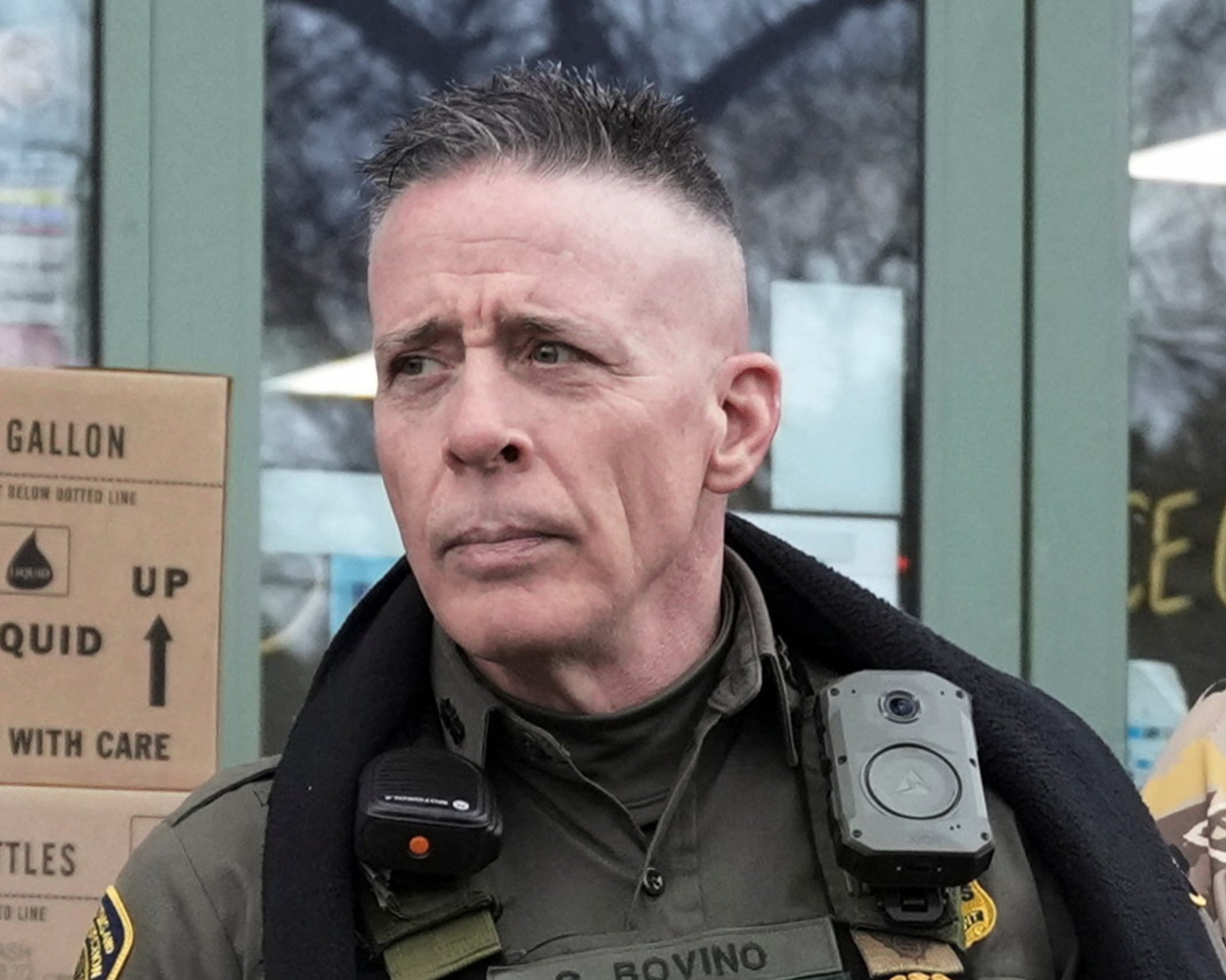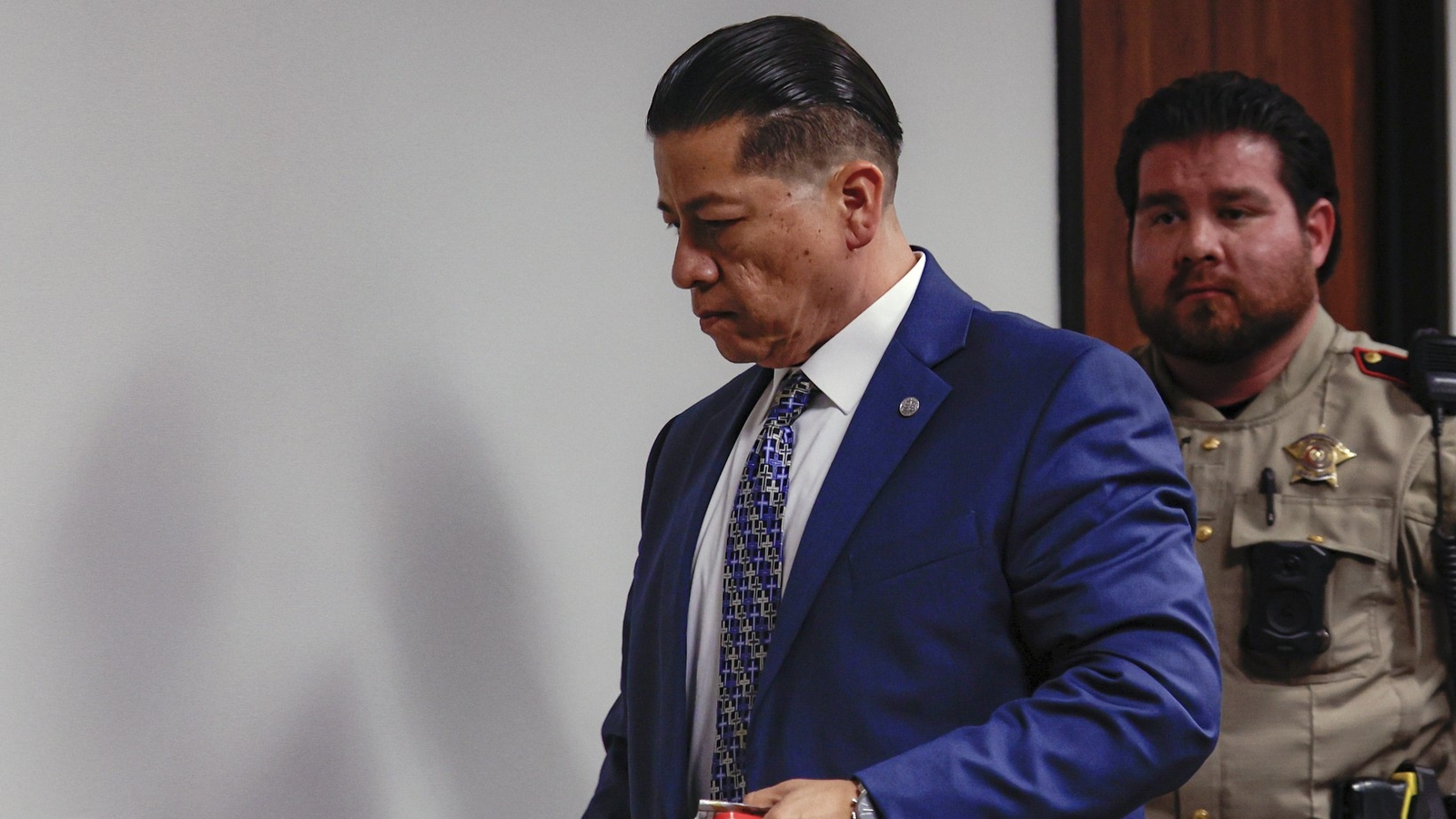True was born in Guilford County, North Carolina in January 2020 to a mother with a significant history of child maltreatment. Within a few days, he was placed by the Department of Social Services with veteran foster parents Scott and Ginger Rhoads. As required under federal law, the Department created a case plan for True’s mother to reunify with her son. But she did not follow the plan, and starting when he was six weeks old, she failed to visit the baby or contact the Department for a period of 13 consecutive months, beyond the state’s official definition of abandonment.
After 25 months of unsuccessful reunification efforts—far beyond federal guidelines—the Department and the child’s guardian ad litem recommended that the case plan be changed to adoption. The Rhoadses, True’s only parents since birth, were ready to adopt him. Instead, in April 2022, the Department removed True and placed him in a new foster home with someone he had never met and who had no plans to adopt him.
What would possess an agency to display such reckless disregard for a toddler’s attachment to his family?
True is Black and Scott and Ginger Rhoads are white.
NEWSWEEK NEWSLETTER SIGN-UP >
According to a complaint filed last month with the Office of Civil Rights at the Department of Health and Human Services, Guilford County is removing “African-American children from white foster and potential adoptive families based on reasons evidence indicates were related to race.” The complaint asserts that these removals are illegal under Multiethnic Placement Act, as amended in 1996, which prohibits discrimination in foster care and adoption on the basis of race and nationality. That law, along with the 1997 Adoption and Safe Families Act, sought to ensure that adoption was pursued as the best alternative for children when reunification was not viable.
Charges of cultural ineptitude provided a pretext for moving children from parents whom the Department had found suitable for years. Prior to the hearing, Ms. Rhoads, who is a licensed cosmetologist serving clients of various races, was criticized as insensitive for requesting to cut True’s hair. The Department at one point even sent a worker (who also conveniently sells Black hair products) to instruct her in the proper care of Black hair. During the hearing where the Department recommended True be removed, Ginger Rhoads’s care of True’s hair was brought up as a reason not to let the family adopt. In addition, the caseworker accused the family of giving True an “uppity” nickname of Truman. Finally, the caseworker testified that the True should be in a home with people who “understand his plight” as a “Black male in America.”
True has been in foster care for more than three years now, with no hope of being reunified or adopted in sight.
Whether the Rhoadses’ case is rare or routine practice is difficult to discern from federal data, where the justification for moving a child to a new placement is not described. What is clear, however, is that Black children exit to permanency, especially adoption at lower rates and more slowly than white and Hispanic children.
NEWSWEEK SUBSCRIPTION OFFERS >
In a new report published by the American Enterprise Institute, one of us (Sarah Font) documents how many states are leaving children—especially Black children—in the foster care system for years at a time, long past what federal guidelines specify. For children not reunified with their families within three years, 38.7 percent of white children and 38.1 percent of Hispanic children were adopted, compared with 27.3 percent of Black children, with the gap exceeding 10 percentage points in 18 states.
Although some children were exiting to guardianships instead, most were still in foster care. In North Carolina, 45.4 percent of non-reunified Black children were still in foster care three years later, compared with 31.6 percent of white children.
There used to be a consensus in the U.S. that adoption was far better than indefinite foster care and disrupting longstanding attachments solely on the basis of race was wrong and harmful to children. In 1993, Reverend Jesse Jackson testified to Congress, “Transracial adoption, like intermarriage, must be protected by law and must be open as an option for everyone.”
Despite his stated preference for same-race adoption, he continued, “when [same-race] placement is not possible or transracial bonding has occurred, I believe that exceptions should be made.” Nearly all Black legislators voted in favor of MEPA and ASFA at the time.
Today, major foundations, charitable organizations, scholars, and public figures assert these policies harm and destroy Black families and call for their repeal. Opposition to transracial adoption is concentrated among those who decide children’s fates: social workers and lawyers.
University of Pennsylvania law professor Dorothy Roberts argues that the timing of ASFA, shortly after federal welfare reform, reflects “the confluence of neoliberal racial capitalist policies: instead of providing for the material needs of children and families, Congress turned to this private measure of adoption.”
adoption
ISTOCK
There may be reasons to prefer, all else being equal, that a Black child be adopted by Black parents. But in some cases, as illustrated by the North Carolina complaint, states are not choosing one set of adoptive parents over another; they are choosing indefinite foster care for Black children over adoption by non-Black parents who know them and love them.
The limited research available finds similar outcomes for children in transracial and same-adoptions, and superior outcomes for adoption compared with staying in foster care.
Being in foster care for years at a time is stressful for any child regardless of skin color. This prolonged uncertainty leads to problems in social, emotional and intellectual development. How can a child settle into school or friendships or family life when they know it could all be upended tomorrow?
A permanent, safe and loving home is vital for every child. To uproot children after years with a safe and loving family only to send them to another temporary foster home is unconscionable. To do so on the basis of race is a clear violation of civil rights.
Ms. Font is an associate professor of sociology and public policy at Penn State. Ms. Riley is a senior fellow at the American Enterprise Institute and the author of “No Way to Treat a Child: How the Foster Care System, Family Courts and Racial Activists Are Wrecking Young Lives.”




